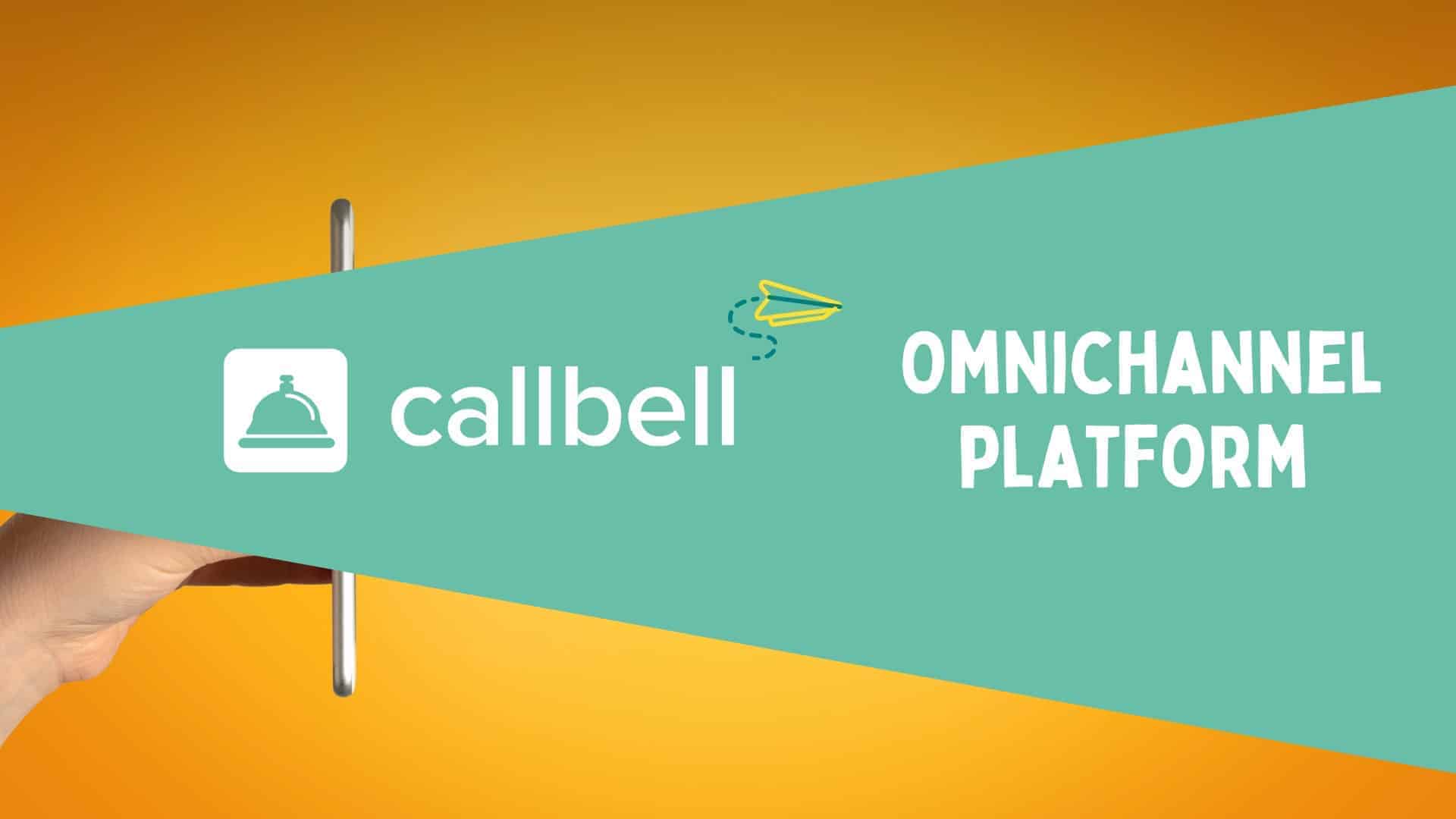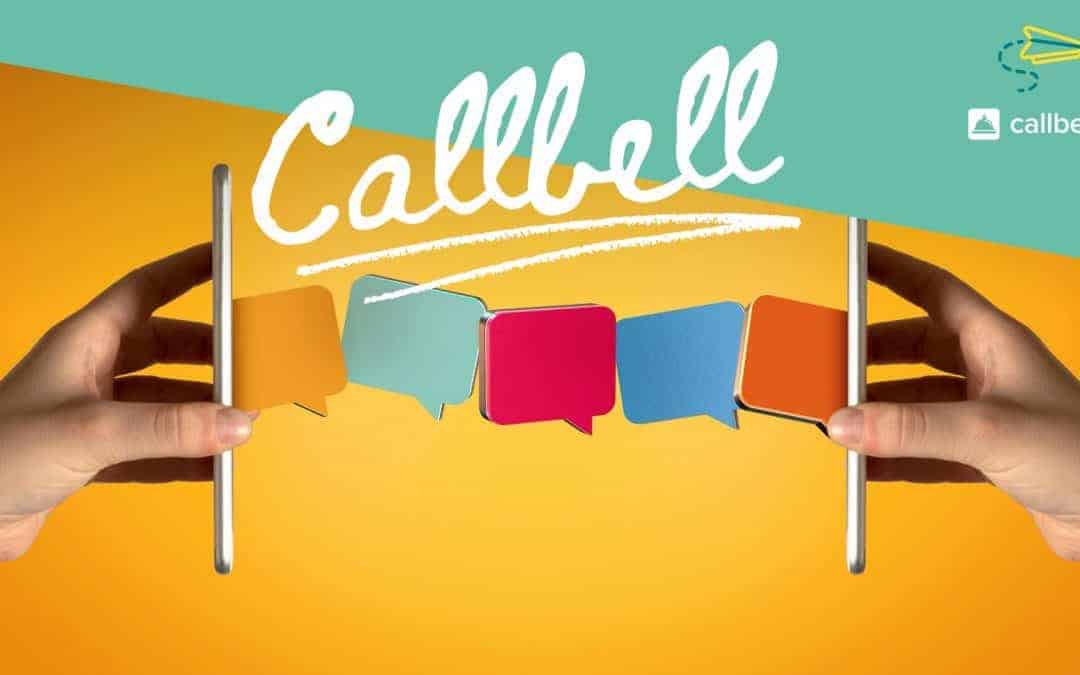It’s clear that the terms multichannel and omnichannel are not very well known. The truth is, most of the platforms we know of use these systems to serve all their users and customers. This is because there are many forms of contact and connection. Due to all of this, users are connecting from multiple sites and platforms. In turn, companies find it difficult to classify all these contacts in an organized and simple way. For this reason, they use these omnichannel and multichannel platforms to make the job of customer service and sales easier.
Surely you are wondering which omnichannel vs. multi-channel platform is better and, without a doubt, in this article we will recommend the most effective one. It has long been debated about what type of platform can have a better impact on sales, and while most companies currently use omnichannel platforms, we need to understand the reasons behind this decision and what advantages it brings over multichannel platforms.
In this article we will show you why omnichannel platforms are better than multichannel ones and how they can play an important role when it comes to establishing a relationship with your customers and ultimately making sales.
Multichannel platforms are tools or media that have different contact channels. While it is true that companies use different service channels, they are used separately and served in different ways. So, if a customer contacts a company on Facebook and another on WhatsApp, the customer service agent must have these two channels open in order to serve that person.
In this sense, we mean a multi-channel platform such as tools or media that have different service channels which, however, are served differently and separately.

An omnichannel platform allows the integrated use of multiple communication channels from a single platform simultaneously. It is a communication strategy capable of integrating actions from different service channels in order to be served in the same manner.
In this way, companies manage to develop their service and sales work in one single action. This allows customers not to detect any differences between the platforms. It is about capturing the attention and messages of users from any available medium, thus managing to cover many services in an efficient, quick and simple way.
We can certainly assure you that omnichannel platforms are better than multichannel ones. It could be said that these platforms are an evolution of the multichannel ones, which have given way to a more personalized, efficient and fast service. The reason these omnichannel tools are better is because they concentrate the entire message load from any type of communication channel into a single tool. Imagine having an optimized version of WhatsApp where you can receive messages from all social networks and that all these messages can be followed in the same way and without any difference. A great example of this type of platform is Callbell.
This is how omnichannel platforms become indispensable when it comes to developing customer service. Companies have adapted to better chat management, have learned to organize high volumes of requests and have developed better marketing strategies thanks to omnichannel platforms and, for this reason, they are better than multichannel ones.
After describing the differences between omnichannel and multichannel platforms, you may be wondering which is best of all or which one we recommend. This time we will tell you about Callbell, the best omnichannel communication platform for support and sales.
Callbell is a tool that bring together the main social networks into one place (WhatsApp, Telegram, Facebook and Instagram). The platform is designed and optimized for sales teams, which provides a better user experience; in addition, it offers agent metrics, business metrics and many features in terms of sales teams in order to get more and better chats.
The price is extremely generous. The support and customer service are second to none. The operators are always ready to help you and assist you at all times. If you would like more information on this platform, you can click here.
Frequent Questions
What are multichannel platforms?
Multichannel platforms are tools or media that have different contact channels. While it is true that companies use different service channels, they are used separately and served in different ways. So, if a customer contacts a company on Facebook and another on WhatsApp, the customer service agent must have these two channels open in order to serve that person.
In this sense, we mean a multichannel platform such as tools or media that have different service channels which, however, are served differently and separately.
What kind of platform is best? Omnichannel or multichannel?
We can certainly assure you that omnichannel platforms are better than multichannel ones. It could be said that these platforms are an evolution of the multichannel ones, which have given way to a more personalized, efficient and fast service. The reason these omnichannel tools are better is because they concentrate the entire message load from any type of communication channel into a single tool. Imagine having an optimized version of WhatsApp where you can receive messages from all social networks and that all these messages can be followed in the same way and without any difference. A great example of this type of platform is Callbell.
This is how omnichannel platforms become indispensable when it comes to developing customer service. Companies have adapted to better chat management, have learned to organize high volumes of requests and have developed better marketing strategies thanks to omnichannel platforms and, for this reason, they are better than multichannel ones.
About the author: Hello! I am Alan and I am the marketing manager at Callbell, the first communication platform designed to help sales and support teams to collaborate and communicate with customers through direct messaging applications such as WhatsApp, Messenger, Telegram and Instagram Direct




